Victorian election: Liberals eye Greens to smash Daniel Andrews’ Labor
The Victorian Liberal Party is investigating preferencing the Greens over Labor in crucial seats.
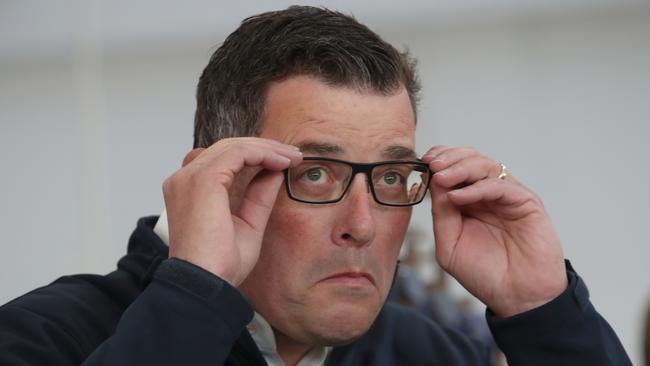
The Victorian Liberal Party is investigating preferencing the Greens over Labor in crucial seats amid debate about how to use the minor party to undermine Daniel Andrews’ hold on power.
The Liberal Party is in the final stages of discussions over preferences, with officials looking to favour the Greens to diminish Labor’s lower house numbers.
Sources said the party was leaning towards sticking by its slogan of “Put Labor last”, which could have a significant impact on the government’s attempts to retain the left-leaning inner-city seats of Richmond (5.9 per cent) and Northcote (1.7 per cent).
Those seats could be key to Labor remaining in majority government if its vote falls, as it has done since 2018. The last Newspoll points to up to 10 government seats falling amid a near six-point drop in primary vote support over the four years.
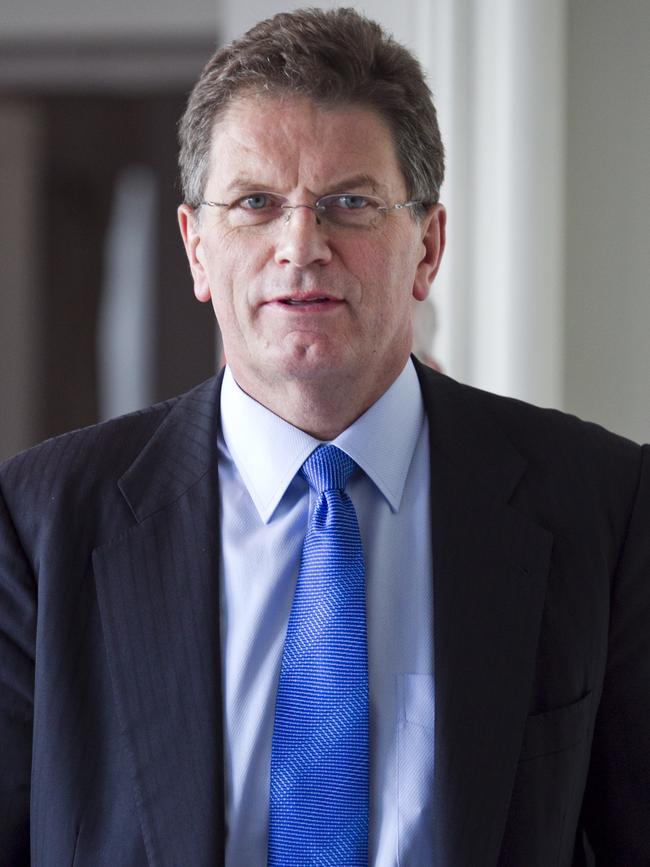
Some Labor figures have been quietly pushing for the ALP to try to strike a deal with the Liberal Party that would involve preferencing against teal candidates in two other key inner-city seats – Kew (4.5 per cent Liberal) and Hawthorn (0.4 per cent ALP) – which could severely impact the independents’ attempts to gain representation in the Victorian parliament.
Under this scenario, the Liberal Party would preference Labor over the Greens in Richmond and Northcote, and hand the opposition a potential net gain of one seat.
But Labor sources said there appeared to be an internal reluctance to preference against the teals in favour of the Liberals in Kew and Hawthorn.
This is partly because the ALP may need to negotiate with the independents if the government fails to secure a lower house majority and there is one or more teal MPs.
Senior Liberal sources said there was a growing view in the party that historic enmity towards the Greens should be reconsidered as the minor party matures and the teals offer a similar policy agenda.
“The question is should we do a deal with the Greens to do over Labor?” a senior party figure said.
“Do we start putting to one side our hostilities and do what is best for our long-term interests? The Greens are here whether we like it or not.”
Senior Liberal sources said that there had been discussions with Labor about possible agreements but no final deal had been struck, nor was there any certainty that a deal would be.
The Liberals are not in direct discussions with the Greens and any favourable preferencing would probably be as a result of sticking with the “Put Labor last” campaign that is being run by the opposition.
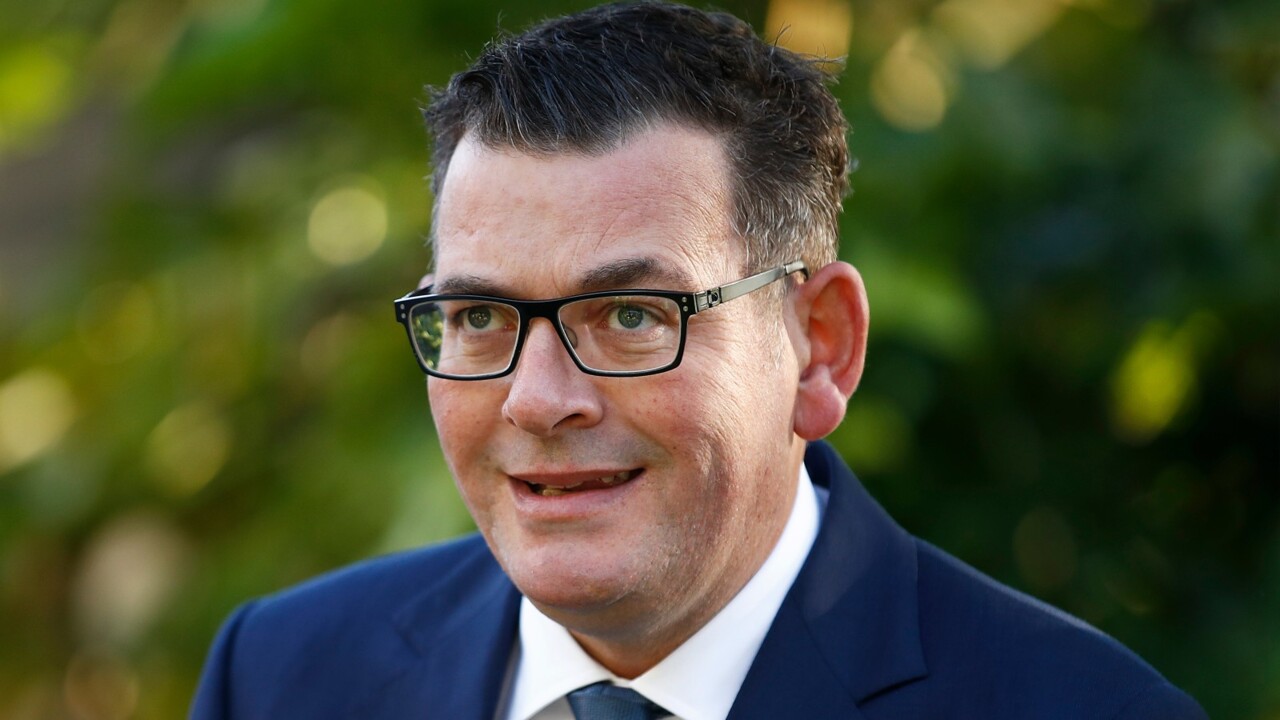
Under former Liberal premier Ted Baillieu in 2010, the Liberal Party declared it would preference the Labor Party over the Greens.
It was seen as a major issue at the time and as a show of strength and conviction from Mr Baillieu.
No final decision has been made on preferences, with the major parties in 2022 expected to continue negotiations over the weekend ahead of the start of early voting next week.
Preference negotiations can continue up until polling day and deals can change if, for example, parties believe an unpalatable candidate, such as a neo-Nazi, might benefit from a broad how-to-vote strategy. In the seat of Northcote, there was a split ticket issued by the Liberal Party in 2018, but Labor still managed to hold on.
A senior Liberal source said the likelihood was that the party would more likely stick to a generalised position in 2022.
“We will try to stick to our messaging where it works,” the source said.
The Greens and Labor did not respond.
Based on the Newspoll figures published at the weekend, the government, which won 57.3 per cent of the two-party-preferred vote in 2018, would suffer a 3.3 per cent swing against it if the result were replicated on polling day.
This would put up to 10 seats at risk, with the government notionally holding a 12-seat majority based on new boundaries after a redistribution.
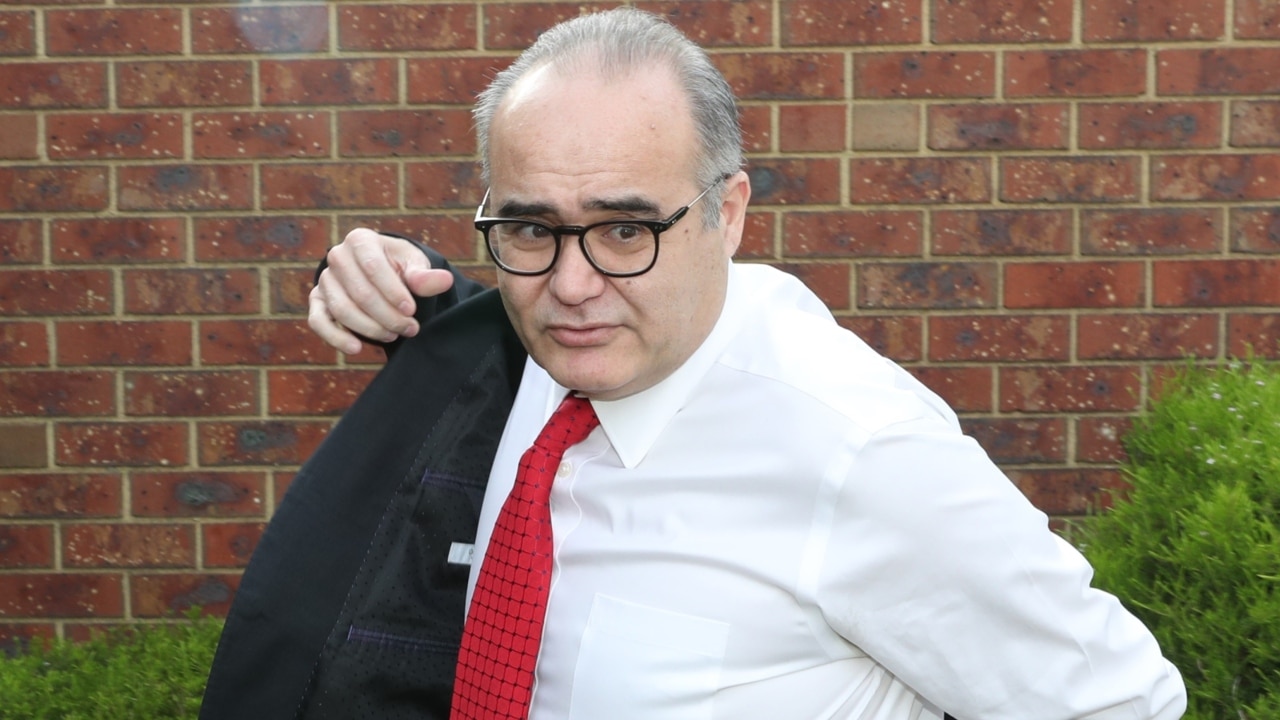


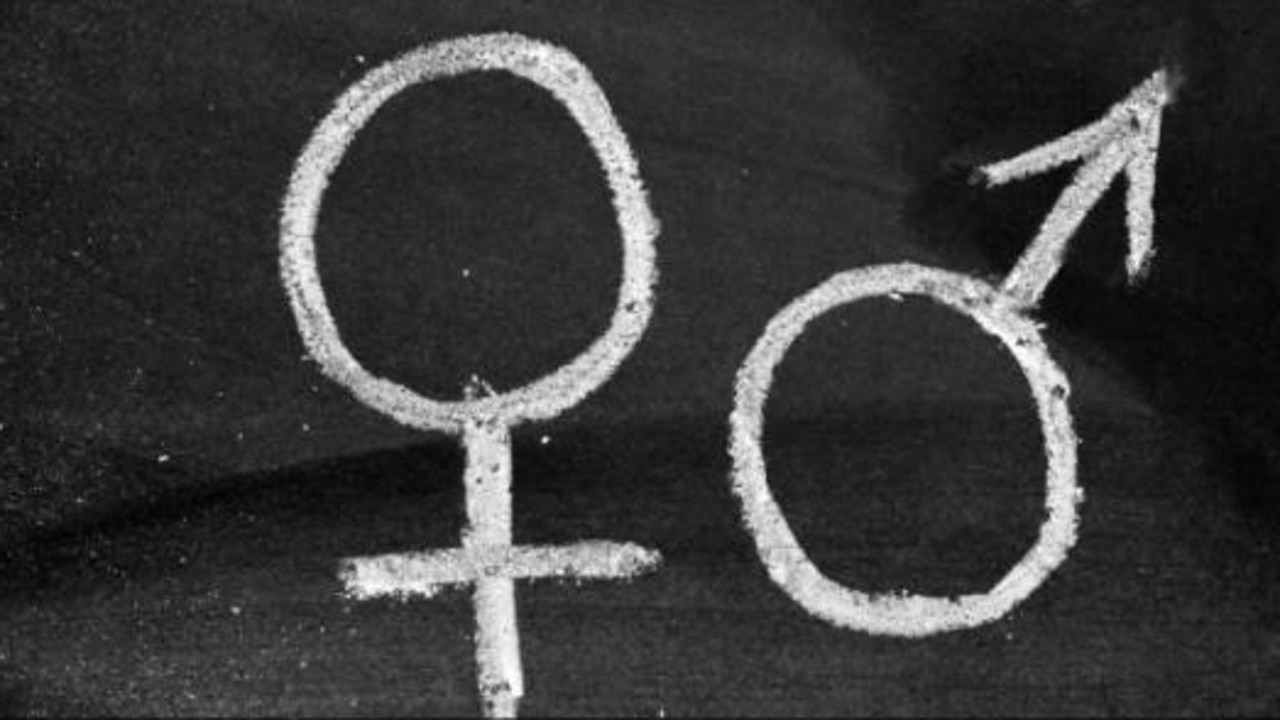
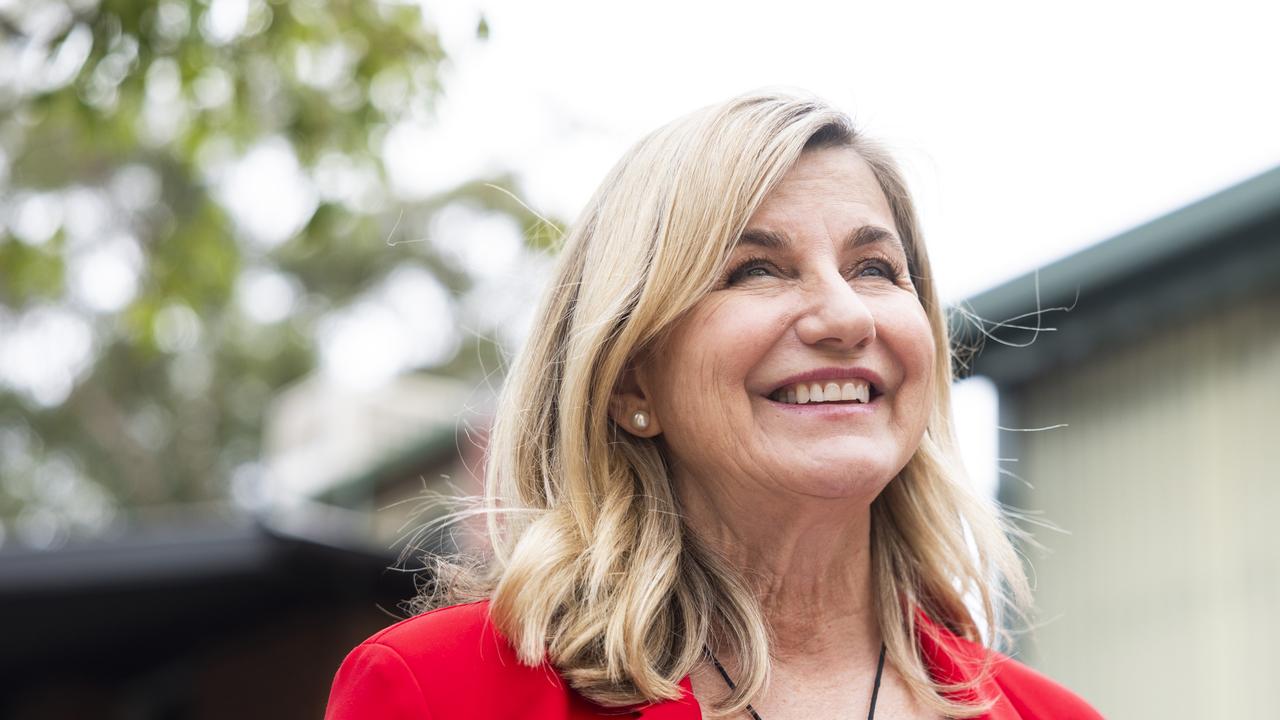
To join the conversation, please log in. Don't have an account? Register
Join the conversation, you are commenting as Logout